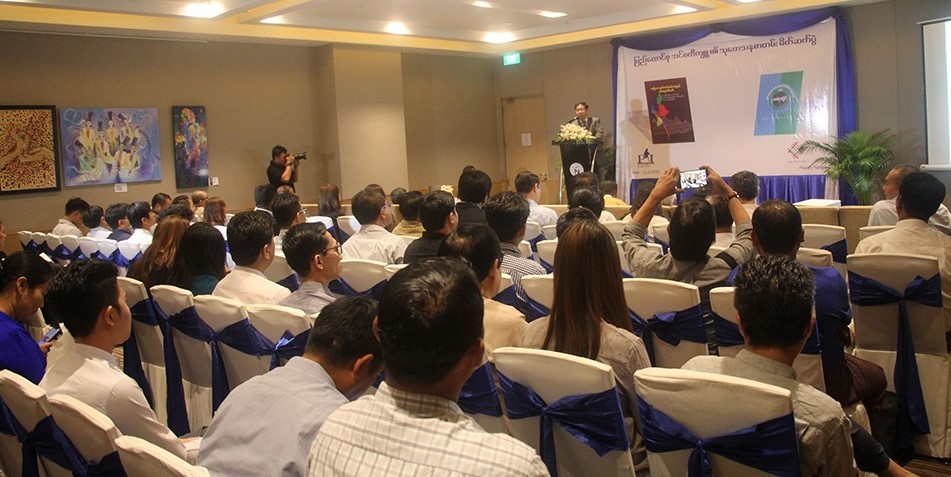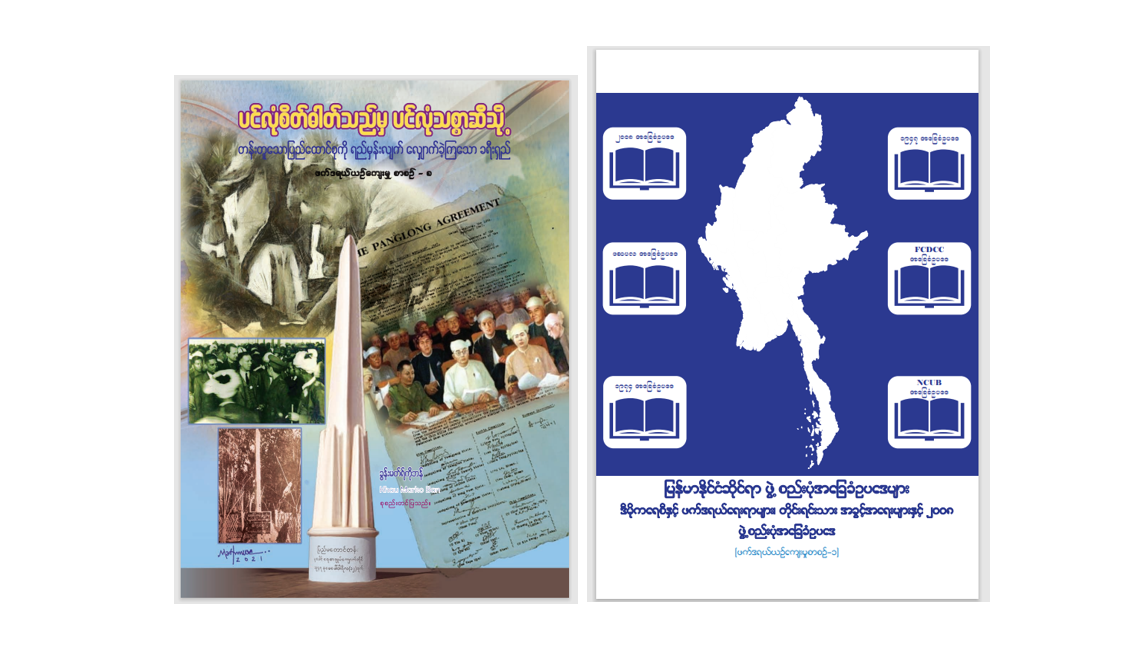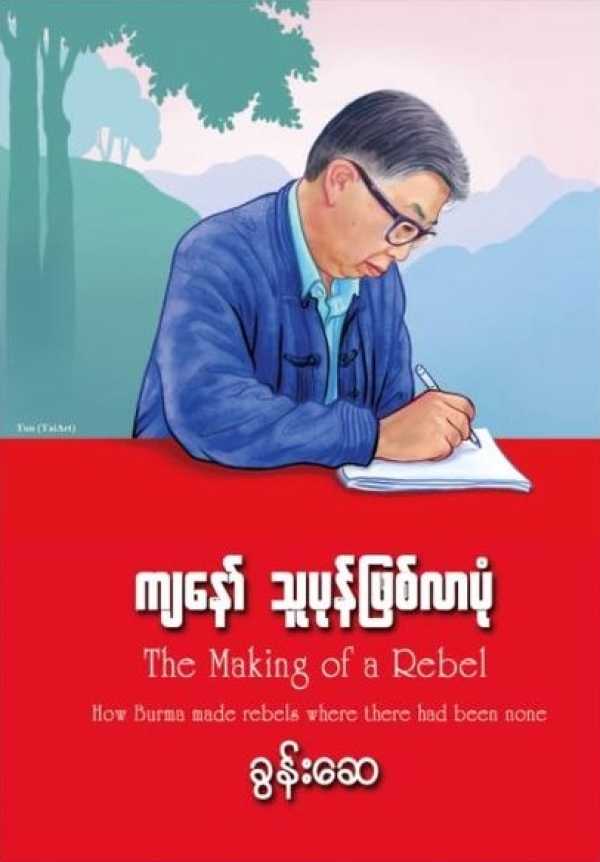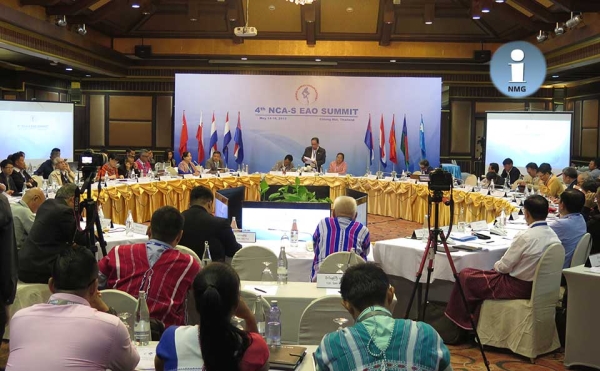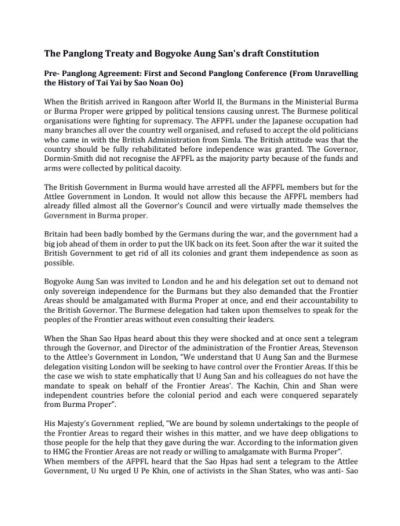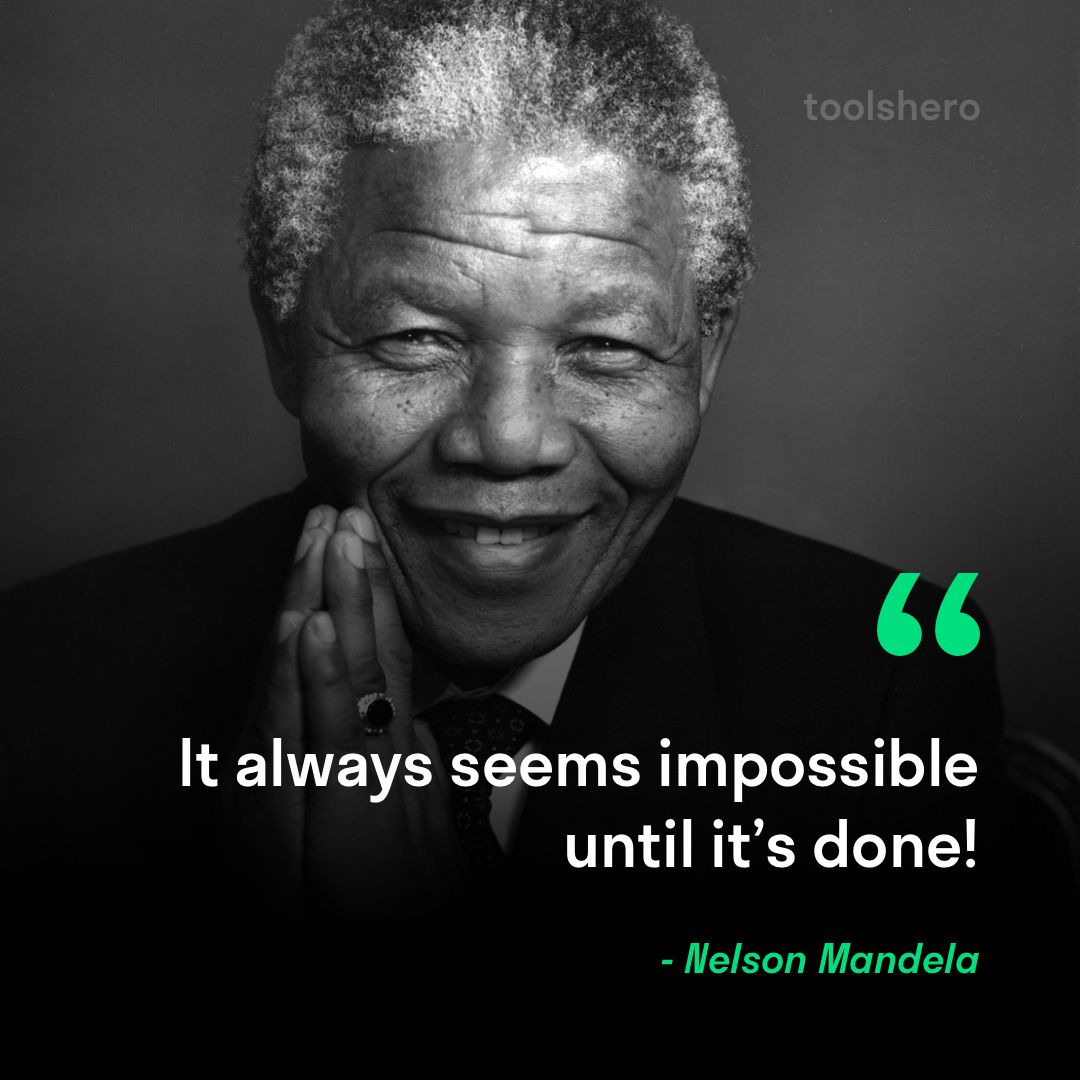 Pyidaungsu Institute
for peace and dialogue
Pyidaungsu Institute
for peace and dialogue

OPINION (14)
This publication was part of a-four-year research project “Drugs & (Dis)order: Building sustainable peacetime economies in the aftermath of war”, funded by the UK government’s Global Challenges Research Fund (GCRF).
Since 14-18 May, when the NCAS-EAO Summit 4/1 was held in Chiangmai, a number of comments have come out on the decision of the Karen National Union (KNU) to quit the Peace Process Steering Team (PPST) and form, what it calls, the Peace Process Consultative Meeting (PPCM). Without sufficient data and premises, some of them have been quite malicious.
The Panglong Treaty and Bogyoke Aung San's draft Constitution
Written by PI Monday, 11 June 2018 14:46When the British arrived in Rangoon after World II, the Burmans in the Ministerial Burma or Burma Proper were gripped by political tensions causing unrest. The Burmese political organisations were fighting for supremacy. The AFPFL under the Japanese occupation had many branches all over the country well organised, and refused to accept the old politicians who came in with the British Administration from Simla.
After I had read it the first time, I said to myself: Now you’re a toothless tiger and over the hill. Time to make way for the young ones.
There are at least 3 reasons to read this book, written by a scion of the one of the 34 noble houses of the former Federated Shan States, Lawksawk.
Back to the Land of the Enchanted Mistress
Written by PI Friday, 20 April 2018 01:20This was my second visit to the United Kingdom, that Vladimir Peniakoff aka Popski (1897-1951) of Popski’s Private Army (PPA), a famous fighting unit during the Second World War had affectionately called the Land of the Enchanted Mistress (“as a boy, having loved (her) and broken away, will go on loving her memory all his life”) in his memoirs.
Learning to share#29: The PPST Emergency
Written by PI Wednesday, 17 January 2018 15:45An emergency meeting of the Peace Process Steering Team (PPST), the leading organ of the 8 signatory EAOs, was therefore held to assess and decide how to handle the situation.
Learning to share: NCA-S.EAO Preparatory Meeting for UPC 21CP#3
Written by PI Friday, 22 December 2017 01:05The NCA signatories’ meeting to prepare for the upcoming Union Peace Conference (UPC#4), according to the NCA, or the Union Peace Conference 21st Century Panglong (UPC21CP) #3, according to the government, was held in Chiangmai, 14-18 December.
Learning to share: The 16th meeting of the Peace Process Steering Team (PPST)
Written by PI Wednesday, 22 November 2017 14:58The meeting is the first since 9-10 October 2017 which was held in preparation for the ceremony to be held in Naypyitaw on 15 October 2017 in commemoration of the NCA signing two years earlier.
However, this time, I had gone there while I was still under the influence of fever accompanied by persistent coughs. Which prevented me from seeking as much knowledge and as many people as I wanted to.
More...
Learning to share: Some book learning
Written by PI Wednesday, 18 October 2017 16:53This is the second book written by Sao Sanda (a scion of the Yawnghwe Princely House) in 9 years. The first one is The Moon Princess: Memories of the Shan States (2008).
To Hopeland and Back: The 31st trip (23-29 May 2017)
Written by PI Tuesday, 13 June 2017 16:14This time, as readers who keep track of the country will know, I was there for the Union Peace Conference #3, according to the Nationwide Ceasefire Agreement, or the Union Peace Conference 21st Century Panglong (UPC 21CP) #2, according to the government in office.
To Hopeland and Back: The 30th trip (15-18 May 2017)
Written by PI Tuesday, 13 June 2017 13:32The trip came about due to the Pyidaungsu Institute (PI) Yangon Office’s plan to launch its latest work,” English-Myanmar Glossary of Federalism Terms,” on 16 May.
Learning to share: The CSSU Annual Meeting (Day Three)
Written by PI Saturday, 27 May 2017 17:01The morning session begins with evaluation of the overall situation. Extracts:
- Most of our people are uninformed of what’s really happening around them. Many of them therefore are easily won over by the other side.
- According to the UNICEF report, Shan State is the lowest in literacy



